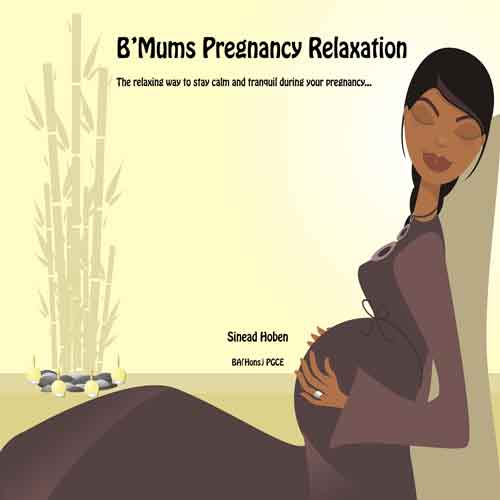Early Pregnancy Symptoms: Implantation Bleeding
As many as a third of all pregnant women experience some implantation bleeding very early in pregnancy before they have yet missed a period. This light bleeding bleeding usually occurs 8 to 10 days after the egg has been fertilised.
After fertilisation, which often occurs in one of the fallopian tubes, the embryo makes its way towards the uterus (womb). This journey takes up to 10 days, during which time the cells are constantly dividing. Once the embryo has reached the uterus it attaches to the wall and begins to burrow inwards where it will continue to divide and develop. It is this action of attaching to the uterine wall that can cause some light and infrequent bleeding a few days earlier than regular menstruation might be expected.
Although implantation bleeding is sometimes mistaken for a light period, it can be recognised by the fact that it is often more like stained pink or brownish mucous as opposed to the bright red colour of menstrual blood. In addition it comes and goes, rather than getting heavier as the days progress.
Implantation bleeding can be so light that some women don't notice it at all, whilst for others it is a little more obvious and may last for a few days.
If you have been trying for a baby and experience what may be implantation bleeding a few days before your normal period would be due, then you should not despair. Unless your period comes on within a few days then it is likely you may well be pregnant.
However, if you experience regular or frequent light bleeding between periods or during pregnancy then you should contact your GP as soon as possible to investigate the causes.
Because implantation bleeding often occurs a little earlier than a period is due, if you are very aware of your cycle and recognise that you had unprotected sex when you ovulated, then it can be seen as a fairly reliable indicator of pregnancy. You should take a pregnancy test if you do not experience a regular period within a few days. Many pregnancy tests can also be taken earlier if so wished, although these are not always reliable indicators of pregnancy as your hormone levels may not yet be high enough to be picked up by the test.. The sooner you discover your pregnancy, the quicker you can start making plans for your baby and for the sort of antenatal care you would like.




